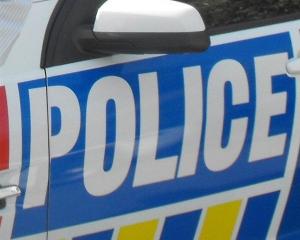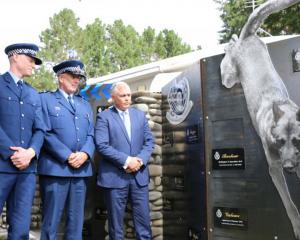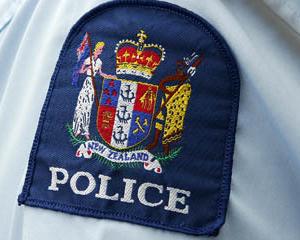It is not clear why the figures, which are consistent with national numbers, rose, but it is most likely because more people are using the outdoors, rescue authorities say.
Southern police district operations manager Inspector Lane Todd said police led 237 search and rescue operations last year, compared with 198 in 2009.
The number does not include missions started from locator beacons or searches off-shore, which are both co-ordinated by the New Zealand Rescue Co-ordination Centre in Wellington.
The most common type of search in the district, which covers Otago and Southland, was for missing trampers, mostly in the Te Anau and Wanaka areas, Insp Todd said.
People went missing nearly three times as often on land, including lakes and rivers (172 operations), as on the sea (65 operations).
About 250 people were rescued and 13 bodies retrieved.
Seven bodies were retrieved in 2009.
Most who went missing were New Zealanders, Insp Todd said.
The cost to the taxpayer increased last year - from $310,000 in 2009, to $337,000.
Operational costs did not include time spent by police involved in searches, or the cost of hours contributed by search and rescue volunteers.
The bulk of the southern district's costs were for helicopters, from Dunedin, Oamaru, Queenstown, Te Anau and Invercargill.
Search and rescue operations are heavily reliant on helicopters because of their ability to respond quickly, transport staff to search areas and assist with the search and recovery of patients, Insp Todd said.
"We are very fortunate to have some of the most experienced operators in New Zealand in our police district, who provide outstanding service in difficult conditions."
New Zealand Police does not seek to recoup costs from the subjects of search and rescue operations.
Insp Todd also praised the hundreds of hours search and rescue volunteers put into operations and training.
"We acknowledge the dedication and professionalism that search and rescue volunteers provide, often in stressful situations."
LandSAR southern region deputy chairman Adrian Dance, of Roxburgh, said the increase in callouts might, in part, be due to improved reporting by LandSAR, and partly due to more people using the outdoors.
For example, more and more people were using the rail trail in Central Otago, and more people seemed to be out on jet skis and boats.
Rescuers also noted a decrease in general preparedness for going in to the outdoors.
There were plenty of people these days who headed into the hills in their 4WDs, not prepared for conditions to change, or what to do if they got lost, he said.








